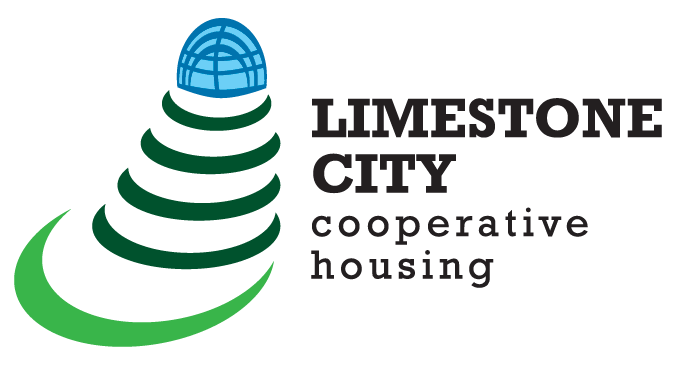How you can help LCCH obtain the land we need to advance our housing goals.
An easy way you can help us get more community-led co-operative housing built is to reach out to the councillor representing your district. Are you tired of the housing crisis, fed up with the high costs of rent, and want to see something done about it? Send an email to your councilor encouraging them to vote in favour of the City of Kingston’s recommendation to reserve land for us.
Here’s a simple template you can customize, or send as is:
Hello,
As a resident of Kingston who is concerned about the housing crisis facing our city, I am writing to encourage you to support Report Number 24-074; specifically, the commitment of the City-owned property located at 900 Division Street to Limestone City Co-Operative Housing for a period of one year. That time will allow LCCH the time it needs to develop more detailed concept plans and arrange for financing. This work cannot be done without a dedicated property to begin the planning process from.
This project would be an asset for the City of Kingston for so many reasons. A few of which include:
- It would promote housing attainability and would encourage more projects with attainability as their main goal
- LCCH wants to promote a sense of community, integrating the co-op into the neighbourhood, offering all who reside nearby perks like fresh produce, community gardens, and accessible green space
- LCCH plans to make practical and aesthetically pleasing use out of land that has sat vacant for some time in a way that would allow the community to make better use of the space
LCCH will offer a unique option for housing – one where working professionals locked out of home ownership, but who long for control and input over their living situation, can find a home. Co-operatives give residents much more flexibility and freedom over their living situations than the traditional landlord-renter arrangement, while also providing a safe place to live at an attainable rate. Unlike traditional rental situations, co-op members are free to paint their walls, to put up pictures, and to have a say in how the building is run. The co-op itself, by law, can never make a profit. That means that housing costs stay reasonable. I think we can all agree that Kingston needs more housing like this.
Co-operatives are literally run by the members – you can’t be a director of a co-op without also living there. As a result, these types of residential buildings foster a strong sense of community. I support LCCH in taking this one step further by offering farming and agricultural opportunities in addition to housing.
LCCH hopes to offer homes at attainable rates to close to 300 families, with about 5 of those units at rent-geared-to-income rates. Given that council has identified a need for more housing of all types, I hope I can count on your support for this project, which would undoubtedly add a lot to the neighbourhood on top of housing. The addition of an accessible pathway, community gardens, and publicly available gathering spaces would be incredibly beneficial to the area.
This project will not just benefit those who will eventually live in the housing co-operative; it would positively impact everyone who works, lives, or passes through the area.
To be frank, there is a huge shortage of safe and attainable housing in Kingston, especially for working professionals. LCCH’s proposal would ensure that around 300 families have both a home and a supportive community. I strongly encourage you to vote in favour of this recommendation.
Co-operative housing is one of the best ways to address the housing crisis, and yet there are only a handful in Kington. This model of housing offers homes at attainable rates for all, including working professionals. It also allows members more control over their homes, since decisions affecting everything from how the co-op is run to whether members can paint their units are made by those who live there. There are numerous advantages to increasing the number of co-operative housing developments in Kingston, both for the residents of the building and the city as a whole.
This motion will set aside land for LCCH, so we can continue to work with our architects, community partners, and the City of Kingston to develop residential units with an abundance of agricultural and green space. We are developing more than just housing; we are creating a community.

